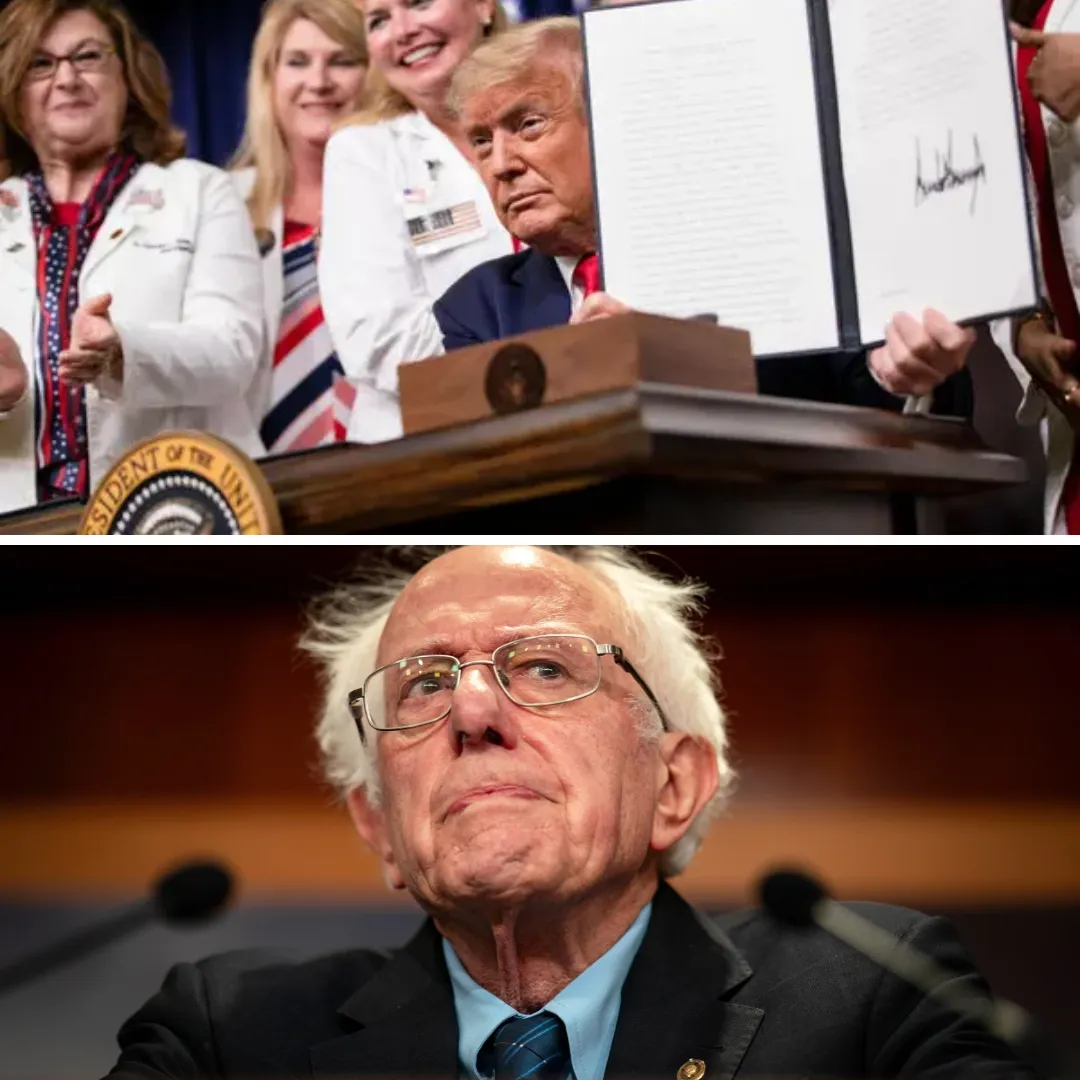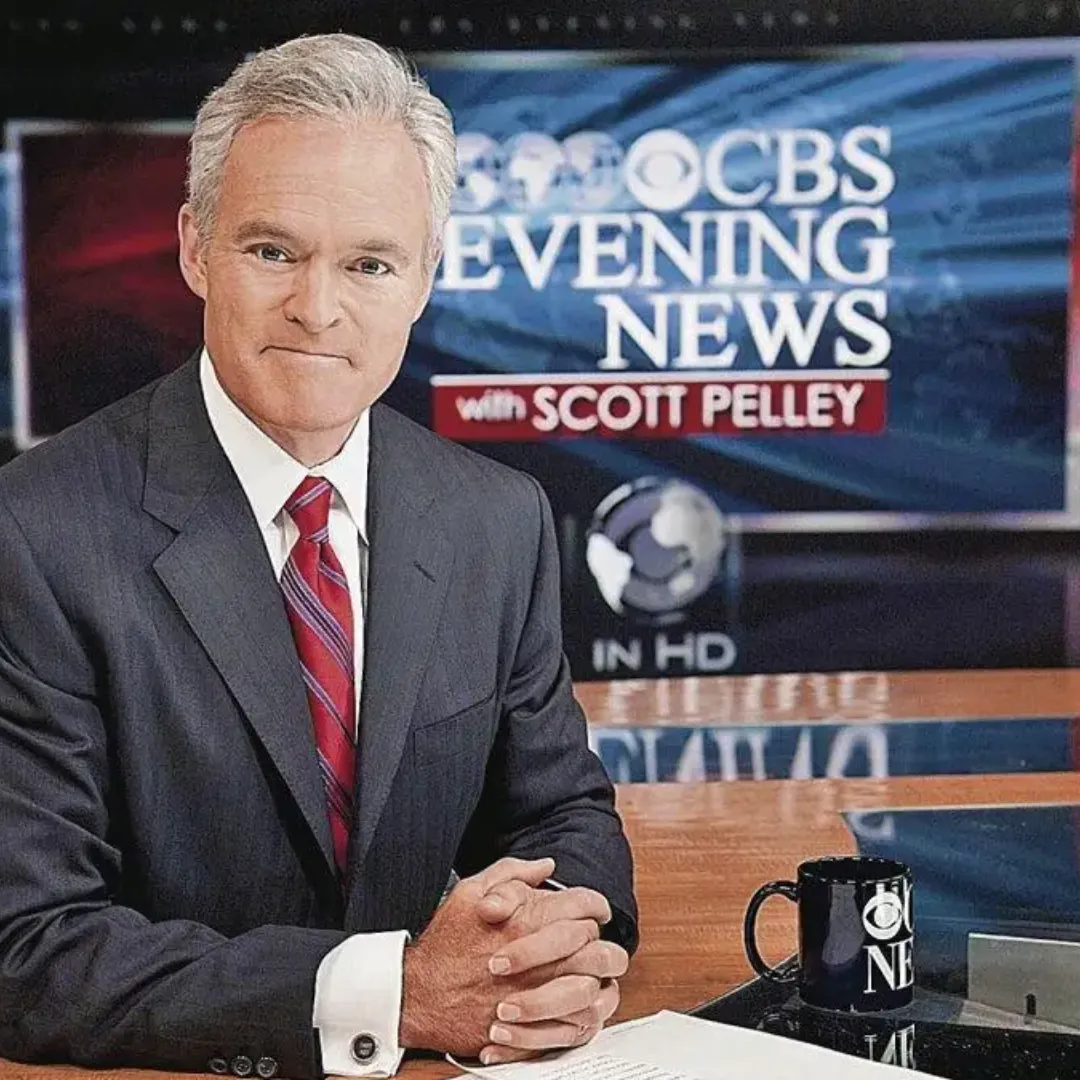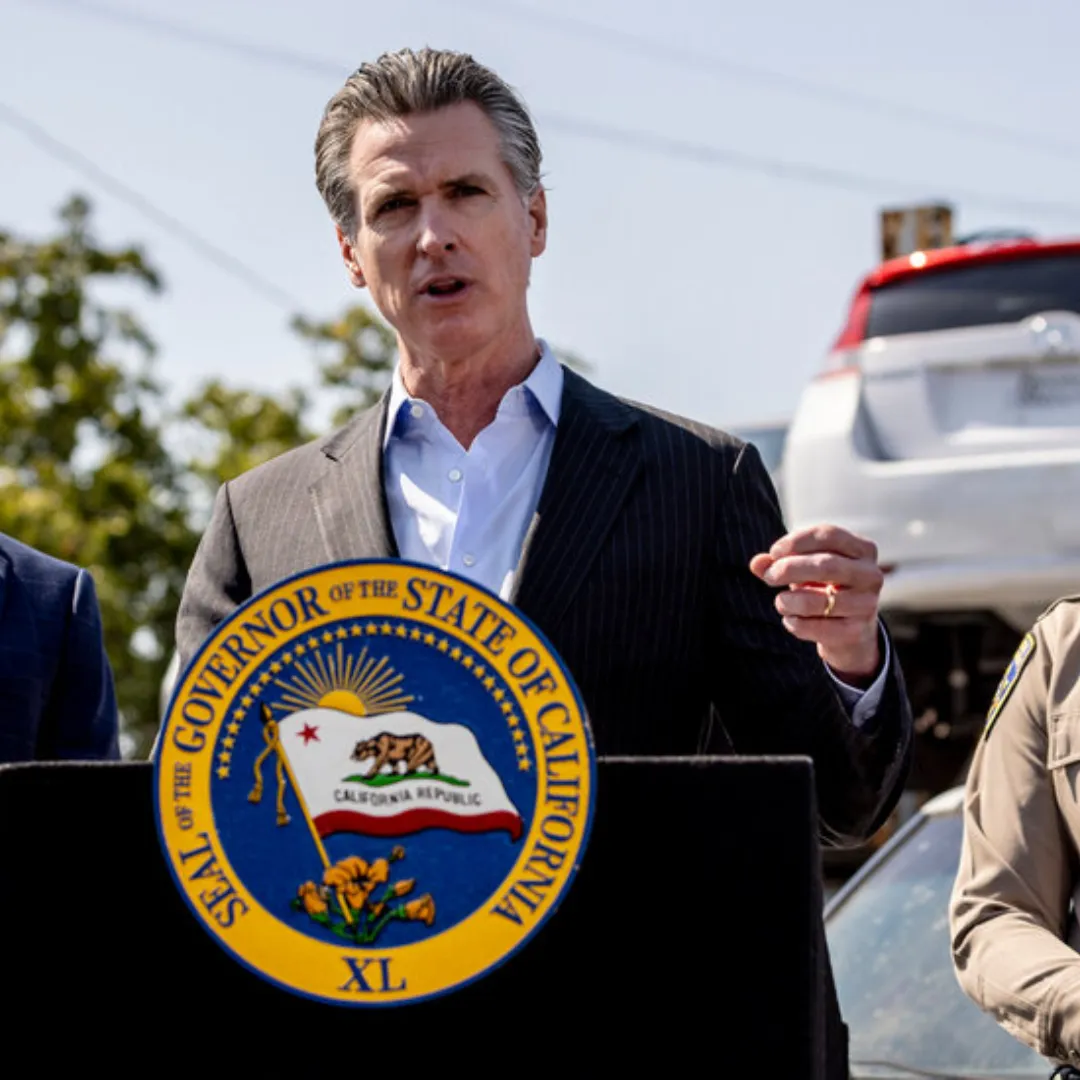
White House Press Secretary Karoline Leavitt delivered a fiery response on Friday, vehemently denying accusations that President Donald Trump is personally benefiting from his time in office.
As questions swirled around the president’s extensive business dealings during his presidency, especially concerning his family’s ventures in the Middle East, Leavitt pushed back hard, calling such suggestions “ridiculous” and emphasizing that Trump’s decision to enter public service came at a personal financial cost.
This response came just ahead of Trump’s planned visit to Saudi Arabia, Qatar, and the UAE next week, where his family’s business empire, primarily led by his son Eric Trump, continues to make headlines.
The scrutiny over Trump’s family business deals has intensified in recent months, as multiple reports have surfaced about the Trump Organization’s new agreements in the Middle East, including a recently negotiated golf course and real estate project set to launch just ahead of the president’s trip.
Critics argue that Trump is leveraging his political power to expand his family’s financial empire, creating a potential conflict of interest. Leavitt, however, rejected these claims, presenting an entirely different narrative: Trump had made personal sacrifices by leaving behind a luxurious life to serve the public, arguing that his actions as president have cost him financially rather than enriched him.
With reporters pressing her on the issue, Leavitt further argued that the president’s focus remains on the American public, not on his personal gain. She pointed to the fact that Trump had “lost money” during his time in office and even emphasized that the American people reelected him because they trusted him to put the country’s interests above his own.
“The American public reelected Trump because they trust he acts in the best interest of our country and putting the American public first,” she insisted, stressing that the president had sacrificed his wealth for public service.

Leavitt’s words were aimed squarely at the critics who had seized upon the president’s business dealings as evidence of ethical breaches. For her, the narrative of Trump’s selfless devotion to the public good was non-negotiable.
However, despite Leavitt’s impassioned defense, the questions about Trump’s business interests and potential conflicts of interest persisted, especially as the upcoming Middle East trip loomed.
Trump’s family business has long been intertwined with his political career, and many remain skeptical about the influence his business dealings may have on his decision-making.
As President Trump prepares to meet with leaders in Saudi Arabia, Qatar, and the UAE, some are questioning whether the deals his family has struck in the region are tied to his political power, suggesting that there may be a direct link between his actions as president and his personal wealth.
Leavitt’s briefing on Friday became even more heated when reporters turned their attention to Trump’s plans to attend a dinner with top investors of his controversial meme coin, a digital asset that was unveiled shortly before he took office in January 2017.
The dinner, scheduled for May 22 at Trump’s golf club near Washington, will be an exclusive event where the top holders of the meme coin will be invited to hear directly from Trump about the future of cryptocurrency.
The event will also feature a private reception with the president and a special White House tour for the select group of investors. Critics have raised concerns that such gatherings could be seen as an opportunity for wealthy individuals to influence the president’s views and policies, using their financial support of the cryptocurrency to gain access to Trump.
Leavitt, however, dismissed these concerns as baseless, arguing that Trump was in full compliance with all conflict-of-interest laws. “The president is abiding by all conflict-of-interest laws,” she said, reiterating that Trump had always been transparent about his personal financial obligations.
She rejected any suggestion that his attendance at the dinner could be considered a conflict of interest, stating that Trump’s primary focus remains on advancing the interests of the American people.
“The president is a successful businessman, and I think, frankly, it’s one of the many reasons that people reelected him back to this office,” she explained. To Leavitt, the president’s financial background and business acumen were assets to his leadership, not liabilities.
Despite Leavitt’s defense, the issue of Trump’s wealth and business dealings continues to linger over his presidency, with many critics asserting that his personal financial interests have influenced his decisions.
The president’s critics argue that his family’s extensive business empire creates significant potential for conflicts of interest, and they question whether Trump’s political decisions are driven by his desire to enrich himself and his family.
Some even argue that the president’s policy choices are influenced by the financial stakes that his family holds in various industries, including real estate, hospitality, and now cryptocurrency.
These accusations are not new; they have dogged Trump throughout his presidency, and they have intensified in recent months as new business ventures continue to emerge.
One of the most contentious aspects of Trump’s presidency has been the extent to which his business interests have shaped his policies. From the early days of his administration, critics have pointed out the myriad ways in which Trump’s family business and personal wealth could create ethical dilemmas, from his real estate deals in Washington, D.C., to his golf courses around the world.

These concerns have been amplified by reports suggesting that Trump has used his position to secure lucrative business deals and that his policies have favored his family’s financial interests. Whether or not these claims are accurate, the fact remains that Trump’s financial dealings continue to fuel controversy and scrutiny.
Leavitt, for her part, continues to reject any suggestion that Trump’s wealth and business interests have influenced his policy decisions. In her eyes, the president’s focus has always been on what is best for the country, and his business background has allowed him to approach governance with a unique perspective.
She dismissed comparisons to other politicians who may have profited during their time in office, insisting that Trump was not motivated by personal gain. “I don’t remember these same type of questions being asked.




